Anger at the extremes
Compare:
Korean universities are handing out a greater number of high grades to their students. The trend suggests that gaining admission to a school is increasingly guaranteeing a degree for many college students here.
According to the Ministry of Education, Science and Technology, Wednesday, nearly 36 percent of graduates last year gained an A-level grade point average (GPA) and some 56 percent received one in the B range, while only 0.1 percent flunked. Last year, some 292,000 students received bachelors’ degrees. …
By department, education majors topped the list of graduates with A averages at 55 percent. Medical students came next at 39 percent followed by liberal arts majors at 38 percent, social studies majors at 37 percent, and natural science majors at 34 percent.
Education experts say grade inflation could hamper the quality of university-level education. Some others say that this trend is in line with a growing number of “CEO-style” university presidents who put the first priority on satisfying their students.
From the Korea Times. Ah, satisfying their students… and parents and administrations. Meanwhile, in the US:
The biology professor at Louisiana State University at Baton Rouge gives brief quizzes at the beginning of every class, to assure attendance and to make sure students are doing the reading. On her tests, she doesn’t use a curve, as she believes that students must achieve mastery of the subject matter, not just achieve more mastery than the worst students in the course. For multiple choice questions, she gives 10 possible answers, not the expected 4, as she doesn’t want students to get very far with guessing.
Students in introductory biology don’t need to worry about meeting her standards anymore. LSU removed her from teaching, mid-semester, and raised the grades of students in the class. In so doing, the university’s administration has set off a debate about grade inflation, due process and a professor’s right to set standards in her own course. …
Even for those who, like Homberger, are tenured, there is a risk of losing the ability to stick to your standards, he said. Teaching geology, he said, he has found that there are students who get upset when he talks about the actual age of the earth and about evolution. “Now students can complain to a dean” and have him removed, Ellwood said. “I worry that my ability to teach in the classroom has been diminished.” …
[Says Dean of the College of Basic Science, Kevin Carman] “The class in question is an entry-level biology class for non-science majors, and, at mid-term, more than 90 percent of the students in Dr. Homberger’s class were failing or had dropped the class. The extreme nature of the grading raised a concern, and we felt it was important to take some action to ensure that our students receive a rigorous, but fair, education. Professor Homberger is not being penalized in any way; her salary has not been decreased nor has any aspect of her appointment been changed.”
From Inside Higher Ed.
I teach a mandatory, but non-major class. My students want to be engineers or work in tourism. English would be helpful but is not completely mandatory to perform those jobs – I do think a tourism employee with strong English skills would be more employable and have other benefits, but it is not required. Engineers would likewise benefit from being able to read technical papers and discuss their work in the international arena, but their store of personal creativity and ingenuity would not be affected by their level of English.
Thus, I am torn. My university does encourage high grades and my previous one did too. Indeed, at that university, it was explicitly stated. “Korea’s population is dropping. Every year there are fewer students available to go to university and every university is struggling to enroll those students. We have to do things to entice students and keep them when they arrive.” Well, that is not an exact quote, but it is close.
I am new to my current job. I am not likely to rock the boat this year at least.













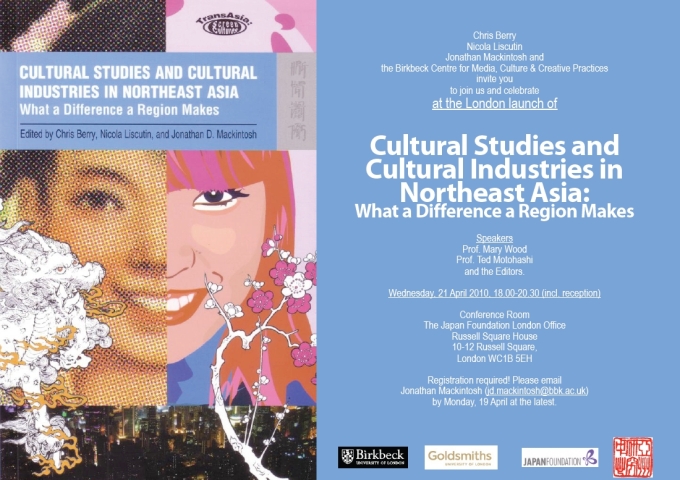









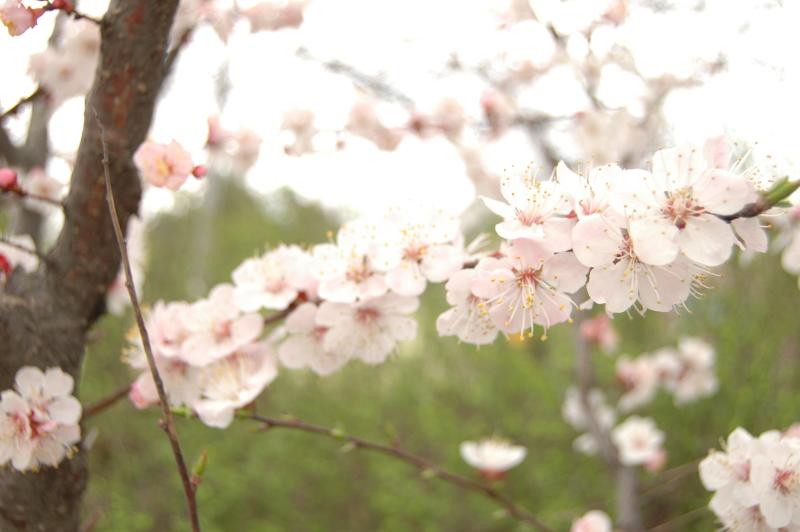
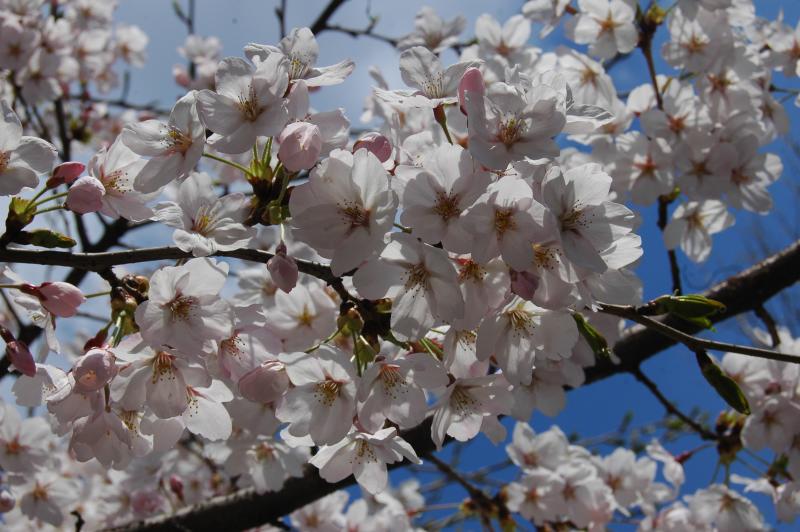
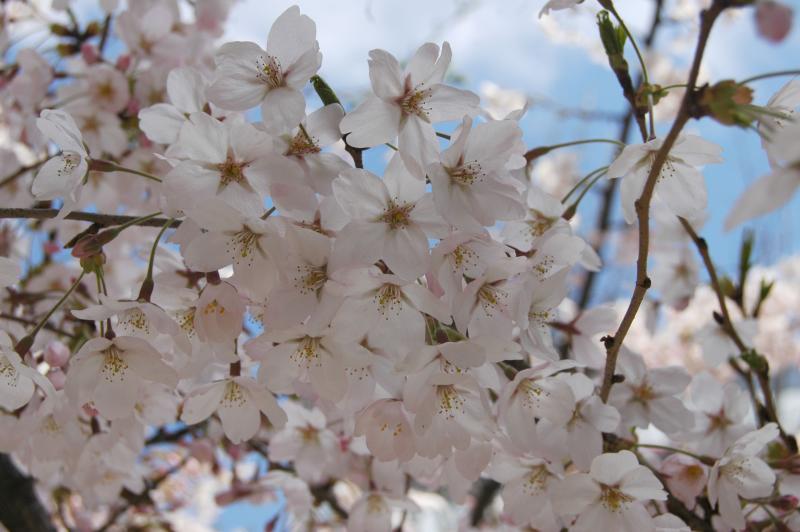
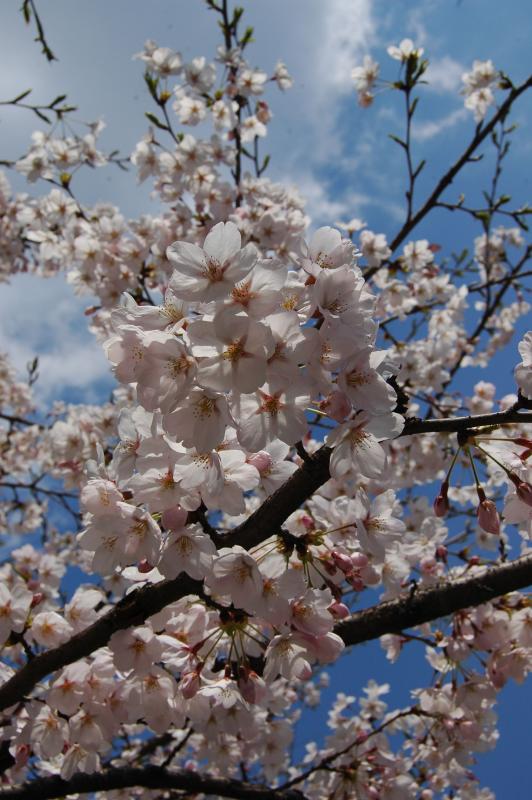



 RSS Feed
RSS Feed
Recent comments